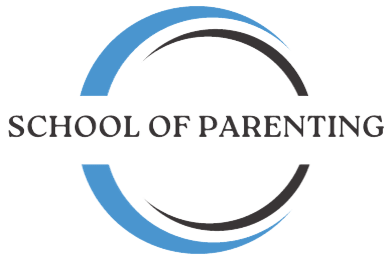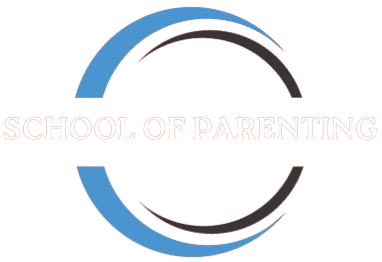
When we say helicopter parents, parents often wonder what does that mean? Does that mean I’m in a HELICOPTER? No! Not necessarily. It means that you’re acting like one, that is, parenting your child like a helicopter.
Helicopter parenting is a type of parenting style. It is a situation where parents are constantly monitoring and intervening in the day-to-day affairs of their child. It is where parents are overprotective, in control, and overly involved in every aspect of their child’s life.

Just like the helicopter moves in any direction and has the ability to change its direction instantly, so do helicopter parents. This type of parent goes all the way to help their child get the best that they want in life.
You can’t really blame parents for doing this because they think it is an effective parenting strategy, and they do it from a place of “I care for my child.” But here’s the thing. Being overly involved can be a disservice to your child. The thing is parents getting overly involved in their child’s life sometimes shield them from making mistakes, and remember that mistakes are an inevitable experience and a learning opportunity for the child.

Michelle M. Reynolds, PhD, a clinical psychologist and founder of Life Catalyst: Therapy and Coaching, explains that helicopter parents tend to be overprotective and worry excessively about their child. They believe it is their responsibility to ensure their child performs well in school and in other areas, leading them to hover and intervene in anything that might hinder their child’s success.
So, is helicopter parenting all bad? Not necessarily. Your role in your child’s life is to help them develop the skills they need to achieve academic success and other goals they want achieve, not to do everything for them. Instead of doing things for them, support and encourage them. For example, if your child needs to focus on studying, sit with them for say an hour to help them stay focused instead of just say it to them while you do something else. Show them how to master the skills by doing it with them, not for them.
Also, sometimes doing things for your child is as a result of your worry. You worry that your child is not going to be able to do certain things, or worry about the consequences they might face for say their homework. Again, remember that your child needs to learn to take responsibility for their actions and needs to learn to face life’s challenges. They need consequences for their development and growth, so please allow them face consequences. Also, overly protecting them can prevent them from developing the character they need for adulthood. Which might lead to adults who can’t stand life’s challenges.

With this information in mind, here are practical ways to help you support your child’s independence.
- Encourage Problem-Solving
When your child faces a challenge, resist the urge to immediately step in and fix it. Instead, ask guiding questions that help them think through possible solutions. For example, “What do you think you could do to solve this?” This approach not only boosts their problem-solving skills but also builds confidence.
2. Set Boundaries and Trust
Establish clear, age-appropriate boundaries and trust your child to operate within them. Allow them the freedom to make choices and experience the consequences. This teaches responsibility and helps them understand the impact of their decisions.
3. Celebrate Effort, Not Just Success
Focus on praising your child’s effort and hard work rather than just the outcomes. This encourages a growth mindset, and helps them learn values, perseverance and resilience. Say things like, “I’m proud of how hard you worked on this project,” rather than solely focusing on the grade they get.
4. Promote Independence
Your child needs to learn to do things on their own because you won’t always be there.Sometimes doing things for your child is a result of worry, worry that your child won’t be able to handle certain things or that they’ll face consequences. But facing consequences is crucial for their growth. They need to learn responsibility and how to deal with life’s challenges.
5. Allow Mistakes
Mistakes are a natural part of learning. By allowing your child to make mistakes, you’re giving them the chance to learn and grow. Overprotecting them can prevent them from building the character they need for adulthood.
6. Encourage Self-Reliance
Support your child in becoming self-reliant. This means letting them stand on their own and learn from their mistakes. It’s essential for their development into being resilient and responsible adults.
7. Provide Guidance, Not Control
Offer your guidance and support, but avoid controlling every aspect of their lives. Trust in their ability to make decisions and learn from their mistakes. This helps them develop confidence and independence.
By doing all these, you can help your child develop into a self-reliant, confident individual ready to face the world on their own.


